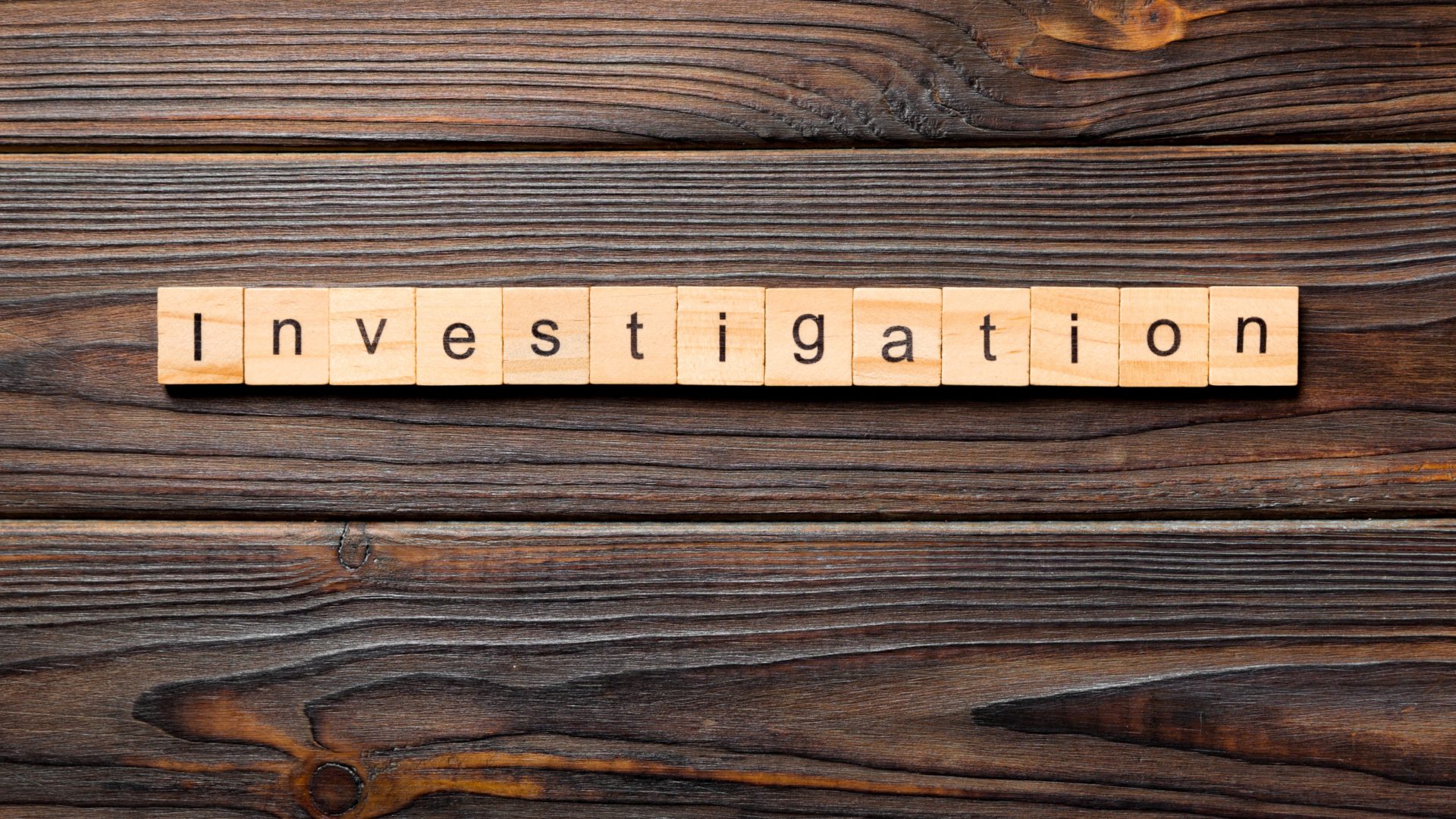The Office for Environmental Protection (OEP) has launched an investigation into possible failures by Defra and the Environment Agency to comply with the Water Framework Directive (WFD) Regulations, one of the key laws in place to protect and improve water quality.
This follows a report by the OEP into the implementation of the WFD Regulations, published in May 2024, which found that issues with implementation meant key targets for improvement of water bodies by 2027 were highly likely to be missed.
Key issues identified in the report included plans that are too generic and therefore don’t address specific issues at individual sites, and plans being put in place despite low government confidence that their objectives can be achieved.
Defra has formally responded to that report and broadly accepted its findings, but that response did not provide direct assurances that the issues identified would be addressed in a timely manner.
The follow-up OEP investigation will look at whether those issues raised in the report represent failures to comply with environmental law.
If it is determined that there have been such failures, the investigation will aim to accelerate progress to achieving the environmental outcomes for water bodies, inform any changes or developments to legislation, and raise public awareness and participation in the process to improve accountability.
Helen Venn, the OEP’s Chief Regulatory Officer, said:
“We recognise and welcome that much is being done on the issue of water quality at this time, with cleaning up rivers, lakes and seas being one of Defra’s five core priorities.
“We are engaged with the Independent Water Commission led by Sir Jon Cunliffe, which will be looking at aspects of the WFD Regulations, and we await the outcome of the appeal in the case brought by Pickering Fishery Association relating to the correct interpretation of the Regulations, which we intervened in.
“Our aim is for this investigation to be a valuable part of that bigger picture, informing any reforms, changes and actions through clarifying what is required of government and the Environment Agency under the current regulations, so any issues are not carried forward.
“But we also believe that more urgent actions may be needed. We are concerned that there is an indication of potential failures to comply with environmental laws which are having ongoing negative consequences for water bodies, and this is why the important targets for water quality are highly likely to be missed.
“Even with all the other activities taking place, none involve firm commitments to address the issues we have identified, and the timeline and extent of any resulting changes are currently uncertain. Clarifying the requirements under the current regulations can help drive action to ensure those targets for water bodies are met as quickly as possible.”



